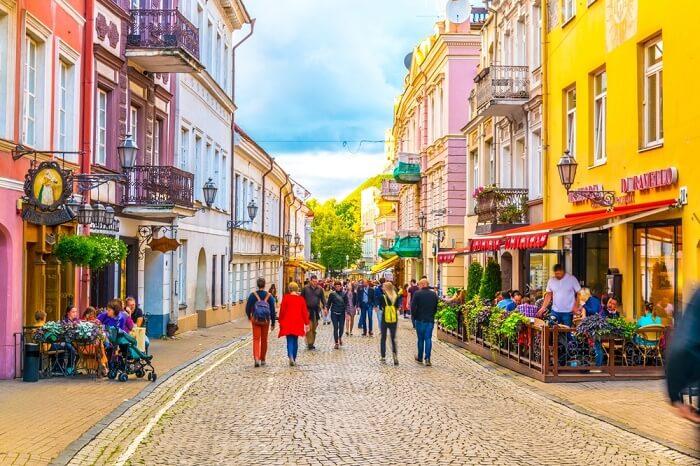In recent years, more and more job-seekers are coming to Lithuania. Those arriving from non-EU countries must go through certain procedures, where most important ones are to first find an employer and get a work permit or a decision on compliance with labour market needs (unless a foreigner, according to Lithuanian laws is exempt from the obligation to have a work permit). After that, a foreigner can apply for a work visa or a residence permit.
Tailors wanted for Lithuania
- EXPERIENCE OF A MINIMUM 1 TO 3 YEARS
- KNOWLEDGE OF SEWING KNITWEAR
- UNIVERAL, FLAT SEAMS, OVERLOCK MACHINES
- SSLC or ECNR PASSPORT HOLDER
PERIOD OF CONTRACT
12 months & Renewable
THE LITUANIAN TEMPORARY RESIDENCE CARD
Once the foreigner has obtained a work permit or a similar document issued by the Labour exchange, he can apply for a visa or a residence permit. The type of document also depends on his job and qualification, ex.: usually workers that receive a work permit apply for a national visa, which allows a person to stay for a year (and then possibly extend their work permit and get a new visa/residence permit); a residence permit is issued for professions that are scarce in Lithuania or employees who will earn more than 1.5 of the average wage in Lithuania.
ADVANTAGES OF WORKING IN LITHUANIA
- Five Days a Week and Eight Hours a Day Work
- Minimum annual leave entitlement is 28 days. In addition, there are 14 public holidays.
- EU residence card granting visa-free travel across Europe’s Schengen Area
SALARY & PERKS
- Minimum Salary Euro 650 to 1200 (Based on Skill and Experience)
- Accomodation provided upon the payment of Utility bills
- Local Transportation & Food during Work





